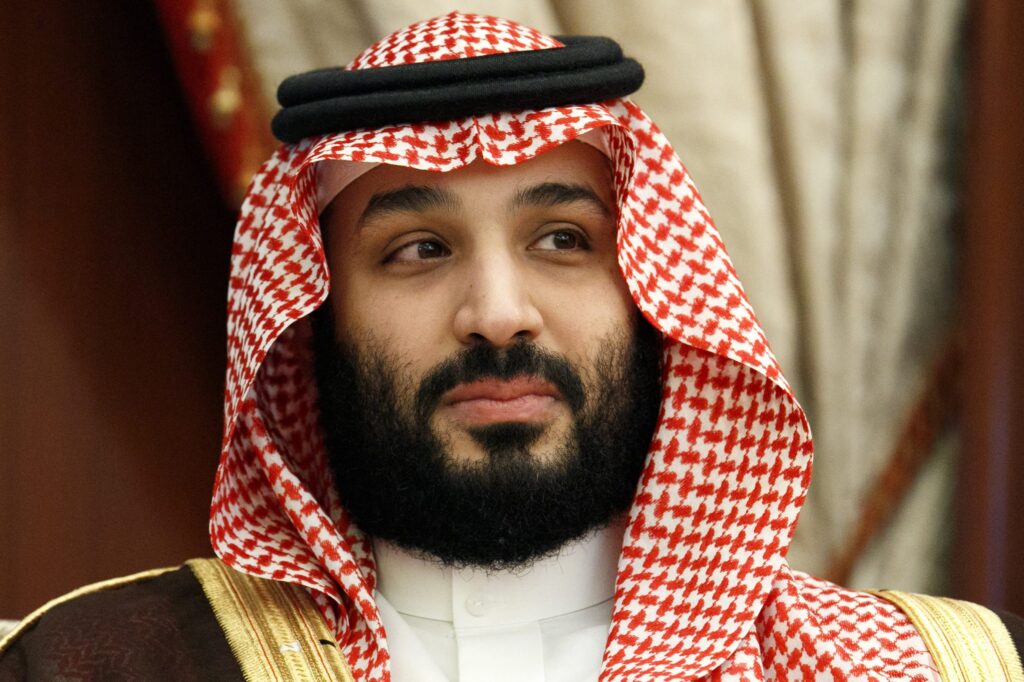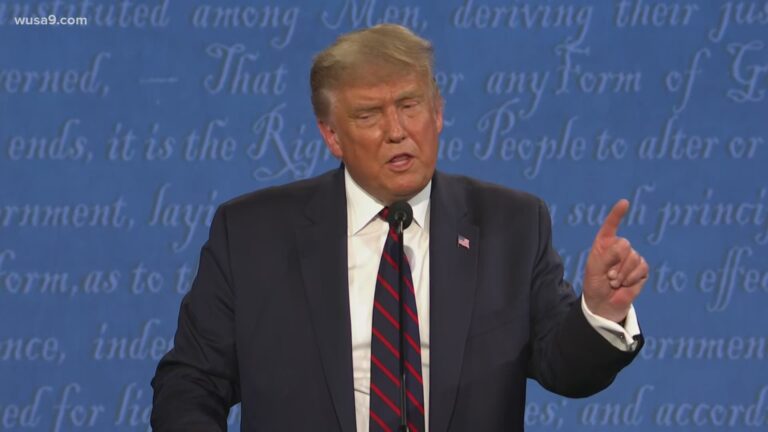
STRATEGIC ASSESSMENT. The report, drafted by the Office of the Director of National Intelligence (ODNI), laid out the following assessment: “We assess that Saudi Arabia’s Crown Prince Mohammad bin Salman approved an operation in Istanbul, Turkey to capture or kill Saudi journalist Jamal Khashoggi.” It went on to note that it is “highly unlikely that Saudi officials would have carried out an operation of this nature without the Crown Prince’s authorization.” Several members of the Crown Prince’s inner circle were sanctioned by the U.S. on Friday, including members of his personal protective detail known as the Rapid Intervention Force. The Rapid Intervention Force was also tasked with hunting down and silencing Saudis who were brave enough to speak out against many of the abuses taking place under the Crown Prince, often referenced by his initials MBS, who persecuted human rights activists and political dissidents at home and abroad.

The United States State Department also announced the “Khashoggi Ban,” a new policy aimed to help protect journalists and political dissidents by restricting visas to those individuals and entities who target and harass them. The U.S. Treasury Department similarly announced new sanctions, specifically targeting Saudi General Ahmad al-Asiri, the former deputy head of Saudi Arabia’s intelligence services. The moves are part of a broader shift in Washington’s relationship with Riyadh under the Biden administration, and the release of the report is intended to send a strong message that there will be some tough love for Saudi Arabia. The Biden administration has also been keen to assert its desire to elevate human rights – long a lynchpin of American foreign policy, but deemphasized under the transactional approach of former President Trump, who frequently favored strongmen and dictators.
However, at the same time, prominent voices in the United States were dismayed that the Biden administration eschewed a harder stance on Saudi Araba. Former CIA director John Brennan tweeted, “The Biden Administration needs to do much more. No meetings with senior US officials and no visits to the US would be a good start.” Several Democratic Senators – including Senator Ron Wyden (D-Ore.); chairman of the Senate Foreign Relations Committee, Senator Bob Menendez (D-N.J.); and House Intelligence Chair, Congressman Adam Schiff (D-Calif.) – all added to the chorus of policymakers urging further actions against MBS. During the campaign, President Biden referred to Saudi Arabia as a “pariah,” a reference that put Riyadh on notice that things would be different. With Saudi Arabia no longer holding significant leverage over the United States in terms of energy resources, a change in the relationship was inevitable. However, while some in the U.S. saw in the Biden administration’s actions as a lighter touch than hoped, it was an unexpectedly rapid shift and somewhat of a harsh new reality for those in the Kingdom.
Riyadh has previously enjoyed carte blanche to operate as it saw fit under the watch of President Trump but also his predecessors. Now, the United States is looking to course correct and approach the region in a manner reflective of Washington’s reduced dependence on energy from the Arabian Peninsula. The so-called “special relationship” and the blank check afforded to Saudi Arabia merely emboldened the Saudis to take risks and adopt a cavalier approach to American interests and values. Beyond the Khashoggi assassination, this includes the kidnapping of Lebanon’s former prime minister Saad Hariri, the treatment of former Crown Prince Mohammed bin Nayef (MBN), and the disastrous Saudi-led war in Yemen, which is a humanitarian catastrophe. Accordingly, the Biden administration, no longer content to sit on the sidelines as Yemen further disintegrated, made the decision to stop selling Saudi Arabia offensive weaponry. The Saudis have complained about what they perceive as the Biden administration’s pivot toward Iran, analyzing every move through the zero-sum lens of the Saudi-Iranian rivalry, when it is in fact a return to protecting American values – and Americans – abroad (TSC).







